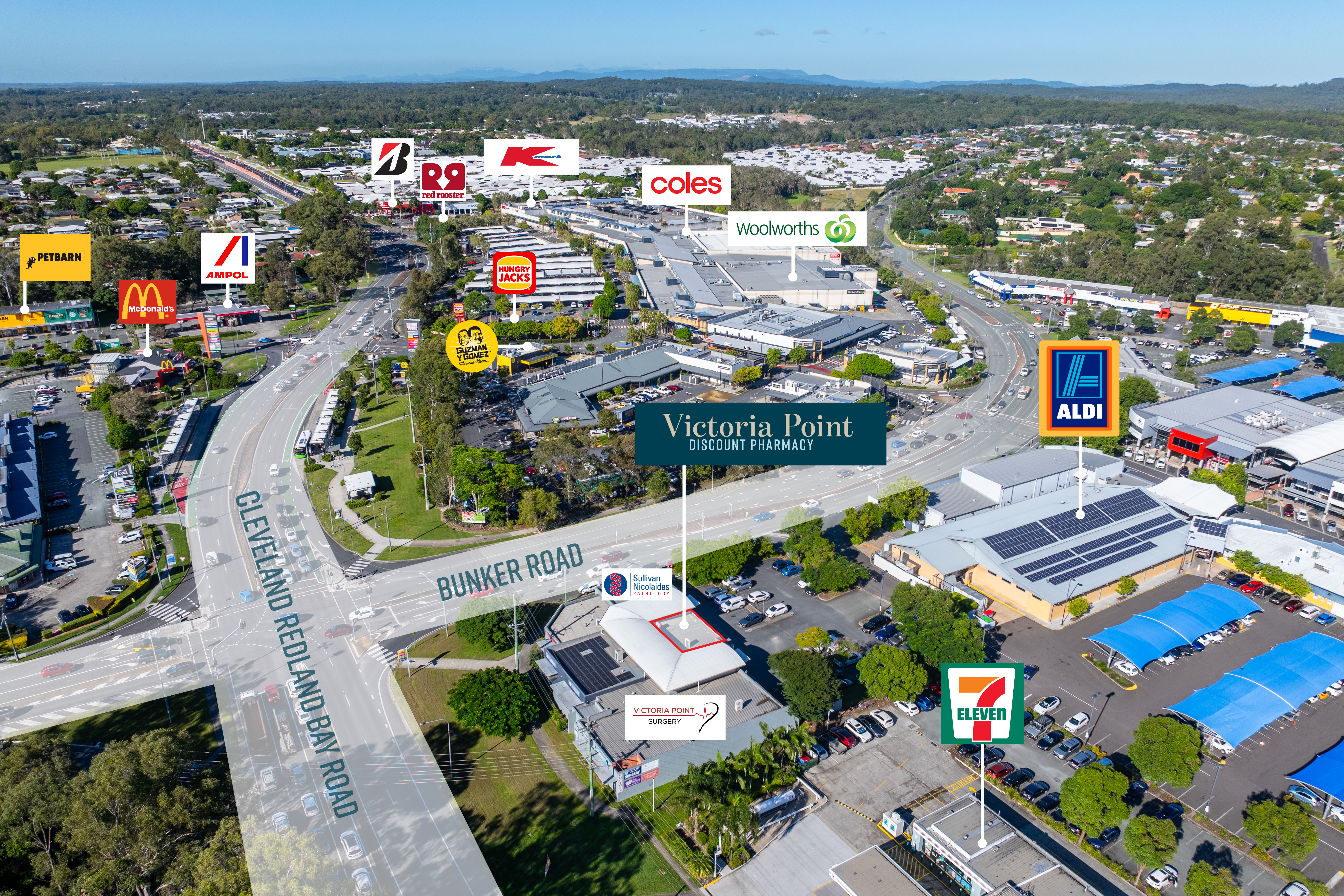Re-strategising site operations : Game changer for asset owner
Shared services to site operations, let’s find out the preferred approach for asset owners & operators, leading to faster response times with low costs.
As organisations are continuously innovating to stay upbeat with the rapidly evolving environment, asset owners and operators are also changing their strategy to manage properties.
With COVID-19 and its aftermath resulting in reduced occupancy across real estate asset classes, asset owners and operators are grappling with the twin challenge of falling revenues and increasing costs. To optimise costs, it is becoming imperative for asset owners to think of new ways of managing site operations with maintained service standards.
As a result, ‘Shared Services’ to site operations came up as a preferred approach to address this challenge for asset owners and operators. It is a hybrid technique whereby site operations are jointly taken care by full-time on-site and mobile teams, leading to faster response times with low costs.
Conventionally, assets and properties were managed by full-time teams on site for all requirements, however, for large assets, especially commercial and retail asset class, this had created certain limitations.
Segmentation of preventive and reactive requirements
While most responsibilities at site are about managing daily activities and challenges, there is a sizeable proportion which is managed in a scheduled manner, Planned Preventive Maintenance (PPM) activities of Technical Equipment is one such example. Our analysis based on select sites that we manage reveals that 22-28% activities related to technical maintenance of equipment at site constitute PPM activities.
Percentage of time usage in technical shifts at site in preventive activities
Particulars |
Fire system |
Electrical system |
Plumbing system |
HVAC system |
Overall |
Operations and other activities |
55-60% |
70-75% |
70-75% |
65-70% |
70-75% |
PPM |
40-45% |
25-30% |
25-30% |
30-35% |
25-30% |
Source: JLL India, based on analysis of man hours at select managed sites
Owing to inherent nature of full-time operations, quite often, the same set of people at site are responsible for PPM as well as daily operation activities. As a result, it is quite common for site teams to be swamped with multiple activities resulting in a delay in preventive requirements. Segregating these low frequency PPM activities and integrating them into a common function specialising in only these activities can address this to a large extent.
Looking for more insights? Never miss an update.
The latest news, insights and opportunities from global commercial real estate markets straight to your inbox.
Specialised mobile services
As an adaptation of hub and spoke distribution model towards property management, a specialised ‘Mobile Engineering Services Team’ is made responsible for weekly, monthly, quarterly, half yearly and annual PPM activities at site. This team operates from a central location and takes care of similar requirements for multiple sites within a certain radius. Hence is not dedicated full-time to any one site. Secure remote access of site equipment is provided to this team for constant monitoring and preventive maintenance. It also reinforces the onsite team for a certain duration for any emergency requirements that might arise.
This concept can also be applied for housekeeping activities at site. There are certain ‘non- customer facing interfaces’ at sites, utility rooms for instance, as well as activities such as deep cleaning that are not carried out daily. A Mobile Housekeeping Services Team can take care of such activities.
Not a one-size-fits-all approach
The shared services approach results in a leaner, faster and more efficient site operations. It helps an asset manager to design and deploy strategy, balancing the need for technical operations, maintenance and housekeeping functions with optimised workforce.
Investment Opportunities
While having clear benefits, this approach certainly cannot be applied carte blanche at all sites. For example, there may be limited scope for optimising operations in a standalone residential site where most of the time is spent in attending issues and complaints pertaining to occupied units. By contrast, in case of a portfolio, where an asset owner has multiple assets of same asset class with reasonable proximity to each other, this approach is better suited. A specialised mobile team operating from a central location can take care of PPM requirements of all the properties in such a case, resulting in sharing of operational costs in the portfolio. A detailed study of work content at a site to establish the feasibility of the shared operations is an imperative before deploying this approach.
Where properly implemented, this new model results in a leaner and agile site team which responds quickly to critical site requirements supported by a specialised team offering reinforcement support, as required. The asset owner or operator also realizes the benefits of significant cost rationalization; the requirement of full-time manpower deployed at site reduces by 18-22%* in the business as usual scenario and the cost of mobile services is lower resulting in significant and sustainable operational savings.
In a constantly evolving world, all industries and sectors are innovating their way forward. Property and Asset Management is no exception.
*JLL India, based on analysis at select managed sites.
Authors -
- Audhesh Pandey, National Head, Emerging Business, Property & Asset Management, India, JLL
- Smita Jain, Head-Strategic Business, Property and Asset Management, India, JLL
Contact Audhesh Pandey
National Head, Emerging Business, Property & Asset Management, India, JLLWhat’s your investment ambition?
Uncover opportunities and capital sources all over the world and discover how we can help you achieve your investment goals.




